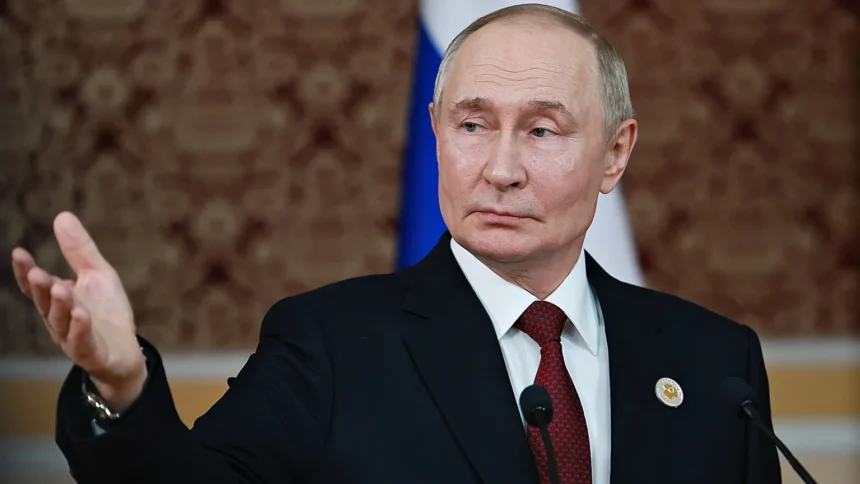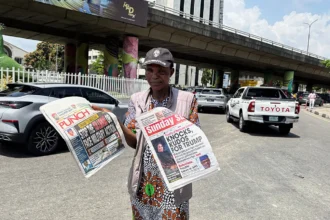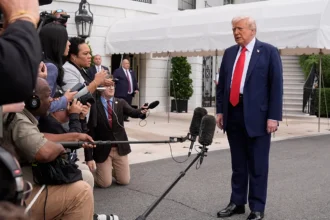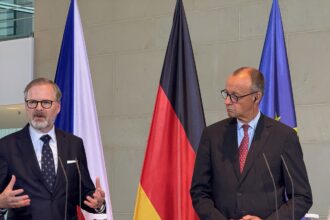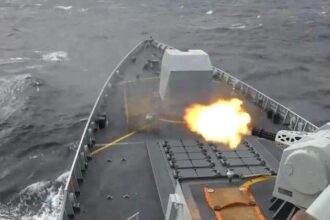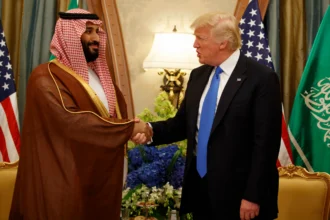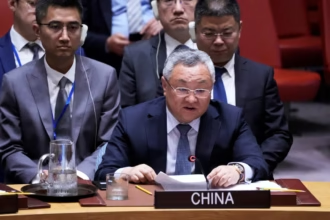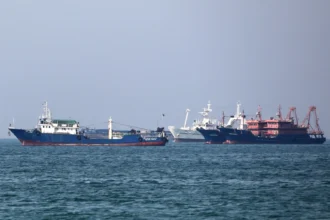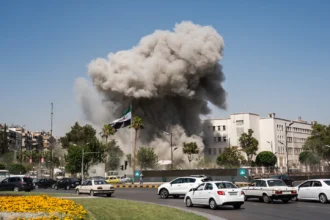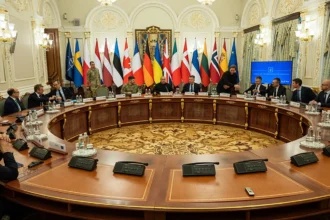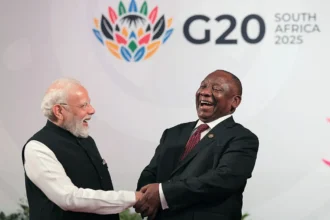As geopolitical tensions continue to dominate global headlines, a pressing question has emerged among policymakers, legal experts, and diplomats: Can Russian President Vladimir Putin enter the European Union despite facing broad sanctions and an active international arrest warrant? The answer is complicated, sitting at the intersection of international law, diplomatic immunity, and EU sanctions frameworks.
“This is more than a legal question—it’s a test of the EU’s political resolve and its approach to holding leaders accountable,” says Dr. Helena Forsberg, an expert in international law at Stockholm University.
The Legal Landscape: Sanctions and Arrest Warrants
Putin faces a complex web of sanctions imposed by the EU, United States, UK, and other allies. These sanctions include:
- Asset freezes – EU financial institutions must block Putin’s accounts and assets within EU jurisdiction.
- Travel bans – EU member states are prohibited from issuing visas or allowing entry.
- Trade and economic restrictions – Any European business or individual facilitating sanctioned Russian entities could face penalties.
Adding to this is the International Criminal Court (ICC) arrest warrant issued against Putin for alleged war crimes in Ukraine. Under international law, ICC member states are obliged to arrest individuals who enter their territories if they have an outstanding warrant. Since most EU countries are ICC signatories, this theoretically prevents Putin from safely entering the EU.
Diplomatic Immunity: A Complicating Factor
Despite sanctions and legal risks, diplomatic immunity complicates enforcement. Heads of state are generally considered immune from prosecution in foreign countries while in office, under the principle of sovereign immunity.
- Customary international law recognizes sitting presidents and prime ministers as immune from criminal prosecution in other countries.
- ICC obligations create a tension: member states must enforce warrants, but traditional diplomatic immunity may protect a sitting head of state.
- Precedent: Sudanese President Omar al-Bashir faced an ICC arrest warrant yet traveled to several countries without being detained, due to claims of diplomatic immunity.
“The law is clear on paper but ambiguous in practice,” says Dr. Forsberg. “Enforcing an ICC warrant against a sitting head of state remains politically and legally fraught.”
EU Sanctions in Practice
Even if diplomatic immunity offers some protection, EU sanctions create practical barriers:
- Visa and travel restrictions – EU member states cannot legally issue a visa for Putin, effectively barring official travel.
- Economic enforcement – Any use of EU airspace, banking systems, or infrastructure could trigger sanctions violations.
- Reputational risk – Allowing entry could provoke political backlash from member states, NATO allies, and the global community.
For example, a state like Germany or France hosting a summit with Putin would need to navigate both legal obligations and domestic political pressures, potentially creating a standoff between international law and diplomatic pragmatism.
Possible Scenarios
Experts outline several potential outcomes if Putin attempted EU travel:
| Scenario | Likelihood | Legal/Political Implications |
|---|---|---|
| Attempted official visit with immunity claims | Low | EU may negotiate temporary immunity, but backlash likely |
| Unofficial or secret travel | Very Low | Extremely high risk of arrest by ICC-aligned states; political crisis |
| Indirect engagement via video or intermediaries | High | Avoids legal risk while allowing EU-Russia dialogue |
| EU state hosting a summit under immunity negotiation | Medium | Requires consensus among member states; politically contentious |
Historical Context and Precedents
The Putin-EU scenario has precedents in international law:
- Omar al-Bashir (Sudan): ICC warrant issued; visited countries including South Africa and Kenya without arrest due to claims of head-of-state immunity.
- Slobodan Milošević (Serbia): Once head of state, resisted ICC prosecution; eventually surrendered under domestic and international pressure.
- Charles Taylor (Liberia): Left office and was arrested under ICC mandate, highlighting that arrest is more feasible post-tenure.
These cases illustrate the limits of enforcement against sitting leaders and the political calculations states make when balancing law and diplomacy.
Political Implications for the EU
Beyond legal questions, allowing or denying Putin’s entry carries strategic and symbolic weight:
- Upholding international law – Enforcing ICC arrest warrants reinforces global norms against war crimes.
- Avoiding political normalization – Hosting Putin could be interpreted as tacit recognition or legitimacy of actions in Ukraine.
- Internal EU unity – Member states may disagree on approach, risking divisions in foreign policy.
- Global message – The EU’s stance could influence other countries’ treatment of leaders facing sanctions or war crime allegations.
“The EU must balance the rule of law, diplomatic engagement, and geopolitical messaging,” says Sophie Marchand, European foreign policy analyst. “Any move sends signals far beyond Brussels.”
Conclusion: Legal Barriers, Political Calculations, and Diplomatic Gray Zones
In theory, ICC arrest warrants and EU sanctions prevent Putin from entering Europe safely. In practice, diplomatic immunity, historical precedent, and political considerations create gray areas.
- Travel for official business is legally complicated but not impossible, requiring negotiations or temporary immunity arrangements.
- Unofficial travel would almost certainly provoke legal and political crises across the EU.
- Indirect engagement, via summits held outside EU territory or digital diplomacy, is currently the most feasible route.
“This isn’t just a question of law—it’s a question of power, politics, and precedent,” says Dr. Forsberg. “The EU will need to tread carefully, balancing accountability with the realities of international diplomacy.”
As tensions continue between Russia and the West, the question of whether Putin can physically set foot in the EUremains unresolved, highlighting the interplay between sanctions, legal mandates, and the protections afforded to sitting heads of state.

